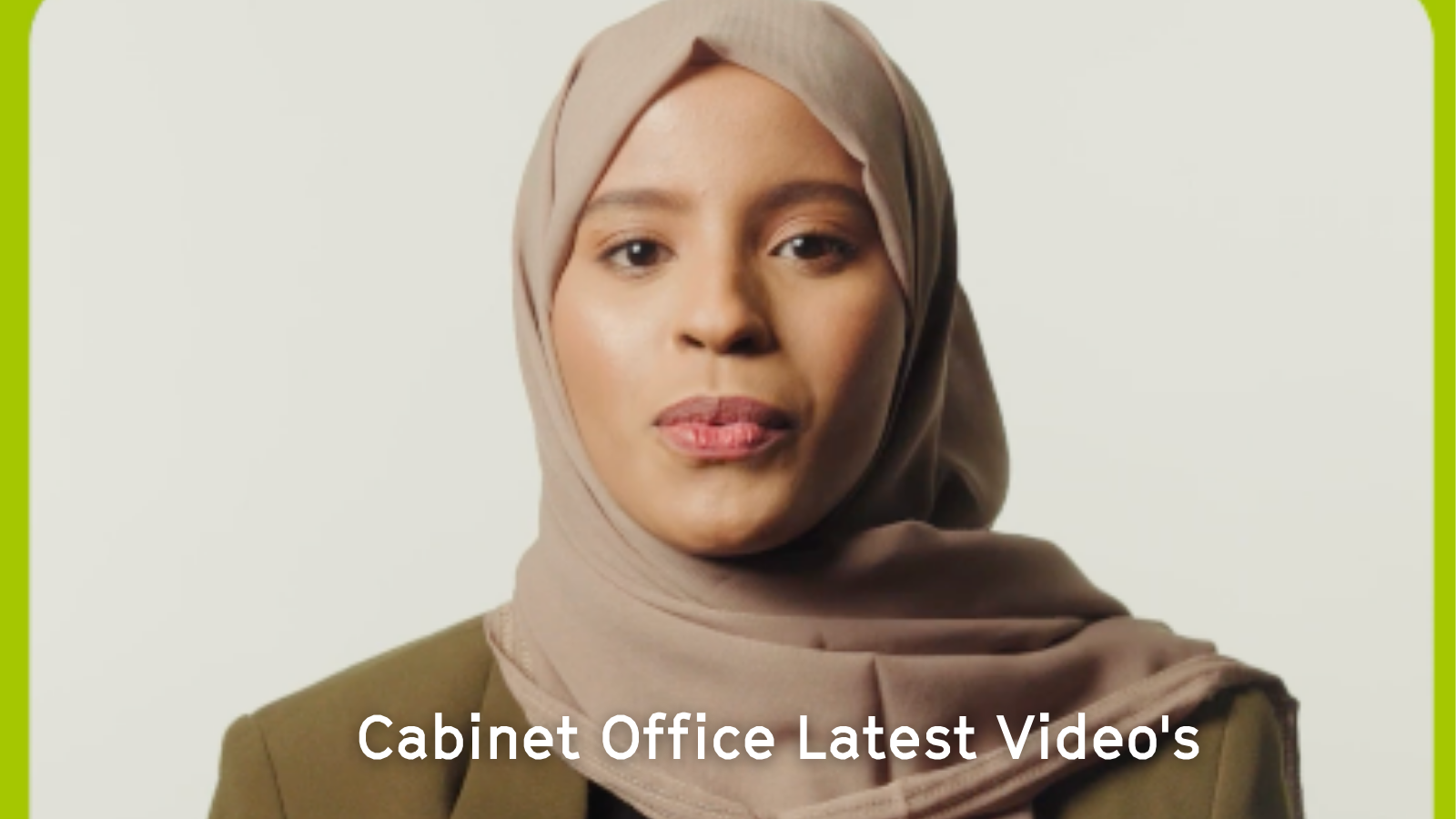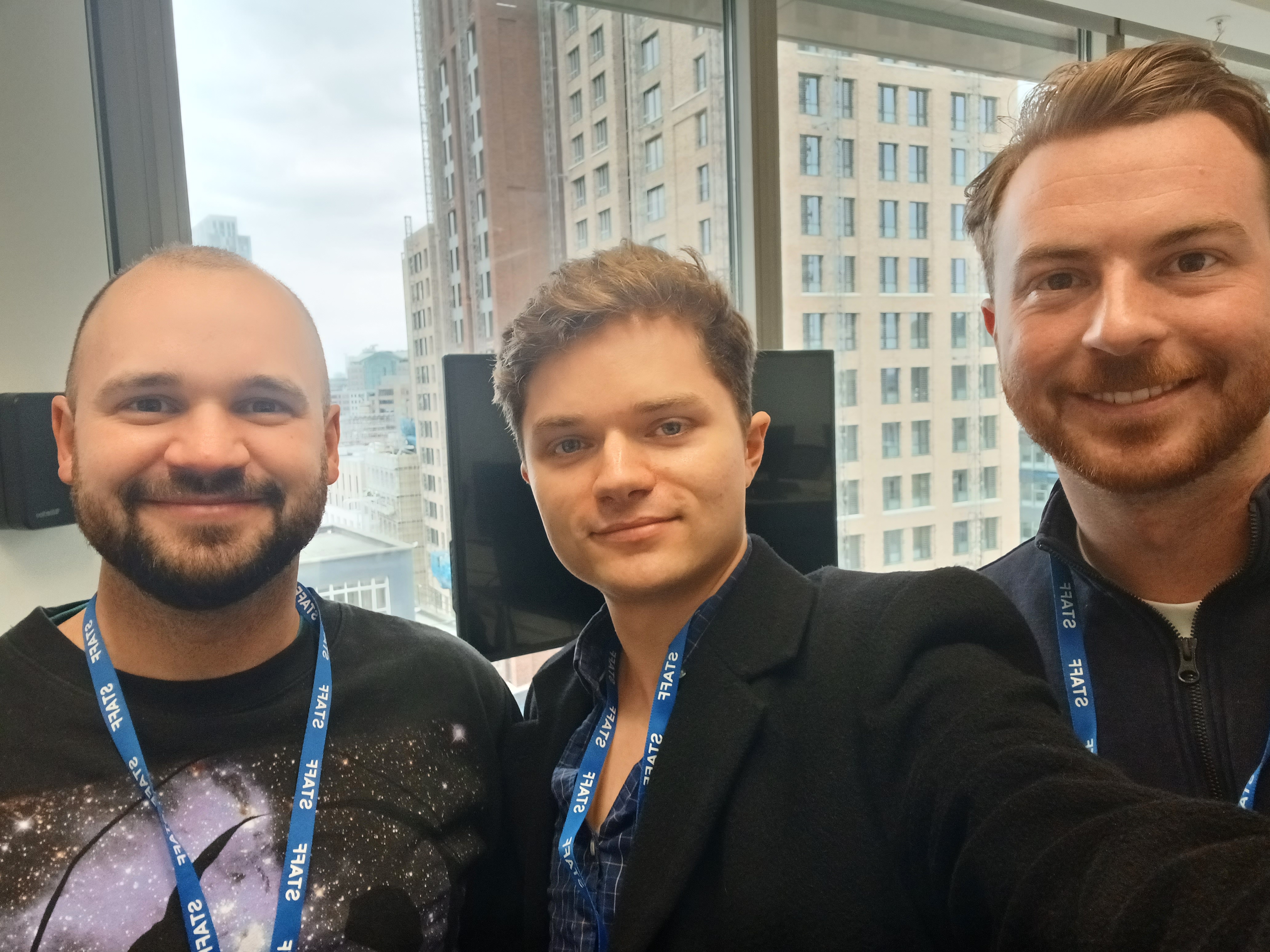User Researcher
Government Digital Services -
On GOV.UK One Login you’ll work in a multi-disciplinary team, helping them to develop an understanding of the people who use the service. Your findings will allow the programme to design and build better services more quickly and at lower cost and risk.
As a User Researcher you will:
- plan and carry out a range of user research activities to support the design, development and continuous improvement of government services
- lead colleagues to analyse research data and synthesise clear and actionable findings
- communicate user research findings to help the team and wider organisation develop a deep understanding of users and their needs - including presentations at show and tells, designing and maintaining research outputs and creating reports of findings
- work closely with product managers, designers and developers to turn user research findings into stories and actions that lead to valuable product and service features
- contribute to the wider user research community - including presenting at meetups and writing blog posts
Person specification
We’re interested in people with:
- experience and understanding of basic user research methods, including those related with planning, analysis and sharing of findings
- experience of working in multidisciplinary teams and involving them in research activities
- experience and understanding of user-centred service design and delivery practices
- the ability to include all kinds of users in appropriate research activities to help teams understand the diversity of users of government services
- the ability to present clear findings that colleagues can understand and use
Benefits
There are many benefits of working at GDS, including:
- flexible hybrid working with flexi-time and the option to work part-time or condensed hours
- a Civil Service Pension with an average employer contribution of 28.97%
- 25 days of annual leave, increasing by a day each year up to a maximum of 30 days
- an extra day off for the King’s birthday
- an in-year bonus scheme to recognise high performance
- career progression and coaching, including a training budget for personal development
- paid volunteering leave
- a focus on wellbeing with access to an employee assistance programme
- job satisfaction from making government services easier to use and more inclusive for people across the UK
- advances on pay, including for travel season tickets
- death in service benefits
- cycle to work scheme and facilities
- access to an employee discounts scheme
- 10 learning days per year
- volunteering opportunities (5 special leave days per year)
- access to a suite of learning activities through Civil Service learning
Any move to Government Digital Service from another employer will mean you can no longer access childcare vouchers. This includes moves between government departments. You may however be eligible for other government schemes, including Tax Free Childcare. Determine your eligibility at https://www.childcarechoices.gov.uk
Office attendance
The Department operates a discretionary hybrid working policy, which provides for a combination of working hours from your place of work and from your home in the UK. The current expectation for staff is to attend the office or non-home based location for 40-60% of the time over the accounting period.
DSIT does not normally offer full home working (i.e. working at home); but we do offer a variety of flexible working options (including occasionally working from home).
Things you need to know
Selection process details
The standard selection process for roles at GDS consists of:
- a simple application screening process - We only ask for a CV and a supporting letter of up to 750 words. In the supporting letter you'll be asked to answer 3 questions, citing actual examples of your own user research practice
- a 120 minute video task and interview. In the first 60 minutes you will be asked to complete a user research task. After that there will be a 60 minute interview where you will present the task and then respond to a series of questions from the interview panel
Depending on how many applications we get, there might also be an extra stage before the video interview, for example a phone interview or a technical exercise.
Artificial Intelligence can be a useful tool to support your application, however, all examples and statements provided must be truthful, factually accurate and taken directly from your own experience. Where plagiarism has been identified (presenting the ideas and experiences of others, or generated by artificial intelligence, as your own) applications may be withdrawn and internal candidates may be subject to disciplinary action. Please see our candidate guidance for more information on appropriate and inappropriate use.
In the event we receive a high volume of applications, we will conduct the initial sift against the lead criteria which is:
- tell us about a time when you worked on a piece of user research that you felt particularly proud about. What was the research about and why did you feel proud?
In the Civil Service, we use Success Profiles to evaluate your skills and ability. This gives us the best possible chance of finding the right person for the job, increases performance and improves diversity and inclusivity. We’ll be assessing your technical abilities, skills, experience and behaviours that are relevant to this role.
For this role we’ll be assessing you against the following Civil Service Behaviours:
- delivering at pace
- working together
- changing and improving
- managing a quality service
- communicating and influencing
We’ll also be assessing your experience and specialist technical skills against the following skills defined in the Government Digital and Data Capability Framework for the User Researcher role:
- agile research practices
- analysis and synthesis
- inclusive research
- research management, leadership and assurance
- stakeholder relationship management
- user research methods
- user-centred practice and advocacy
Want to know more about who Government Digital and Data are? Click Here
Recruitment Timeline
Sift completion: week commencing Monday 1st December 2025
Panel interviews: week commencing Monday 8th December 2025
Candidates that do not pass the interview but have demonstrated an acceptable standard may be considered for similar roles at a lower grade.
A reserve list will be held for a period of 12 months, from which further appointments can be made.
The Civil Service is committed to attract, retain and invest in talent wherever it is found. To learn more please see the Civil Service People Plan and the Civil Service D&I Strategy.
Please note that this role requires SC clearance, which would normally need 5 years’ UK residency in the past 5 years. This is not an absolute requirement, but supplementary checks may be needed where individuals have not lived in the UK for that period. This may mean your security clearance (and therefore your appointment) will take longer or, in some cases, not be possible.
For meaningful checks to be carried out, you will need to have lived in the UK for a sufficient period of time, to enable appropriate checks to be carried out and produce a result which provides the required level of assurance. Whilst a lack of UK residency in itself is not necessarily a bar to a security clearance, and expectation of UK residency may range from 3 to 5 years. Failure to meet the residency requirements needed for the role may result in the withdrawal of provisional jobs offers.
Sponsorship
DSIT cannot offer Visa sponsorship to candidates through this campaign. DSIT holds a Visa sponsorship licence but this can only be used for certain roles and this campaign does not qualify.
Feedback will only be provided if you attend an interview or assessment.






